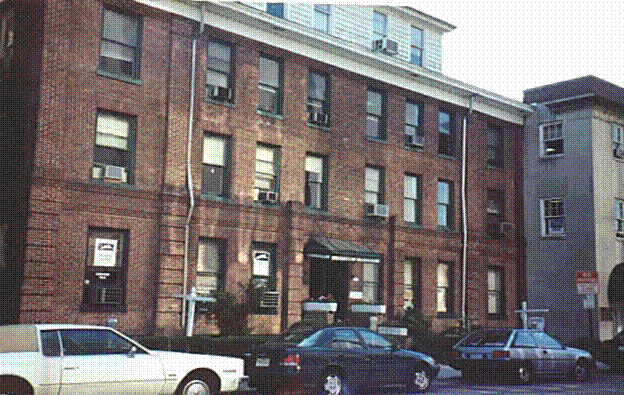|
|
|
|
New Jersey Association on Correction |
Home | Contact Us | Board | Meeting Schedule | Links

|
Program Alternative for Youth (PAY) |
| 5 Elm Row, Suite 306 |
| New Brunswick, New Jersey 08901 |
| Phone: (732) 247-8333 |
|
FAX: (732)
247-8999
|
|
Program
Alternative for Youth (PAY) is a day treatment program for approximately
ten adolescent male and females on probation in Middlesex County.
The program operates six days a week (Monday through Saturday).
Each youth is actively involved in PAY activities for an average
of six months. They advance
through a four-phase system based on successful completion of individual
goals, compliance with rules and active participation in program
activities. As each youth
achieves a higher phase s/he reduces the time spent at PAY and increases
time in the community. Transition into the formal aftercare component
begins when the youth has reached the highest phase and has met his/her
other program goals. The
program design includes educational services by a certified teacher,
vocational training, individual and group counseling, family counseling
and network/support development, cultural enrichment activities, life
skills training, and substance abuse prevention and education.
Youth eat three nutritious meals at PAY. The PAY mission is to
provide a community based, holistic environment that reduces
criminogenic risk factors while developing and reinforcing positive
pro-social behaviors. The
PAY program is an alternative sanction for juveniles at imminent risk of
residential placement in a Juvenile Justice Commission setting.
PAY employs nine staff members to implement program activities. The professional staff to participant ratio is 2:1. A community placement provides the opportunity for developing positive community ties, yet also allows the juvenile to be supervised by trained employees, effectively promoting public safety. Additionally, allowing the youth to live at home and to receive intervention services within his/her home community increases the likelihood of involving the family in the treatment process. Alternatively, youths placed in residential facilities have been shown to be more costly and less effective at keeping young offenders engaged in being positive members of society.
|
